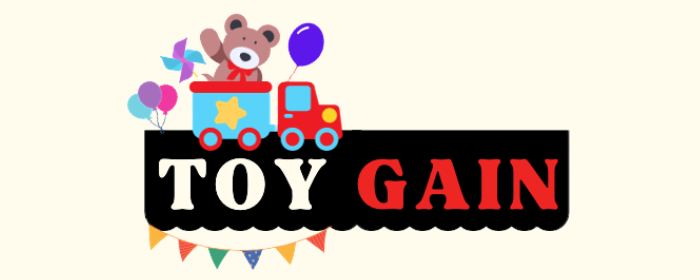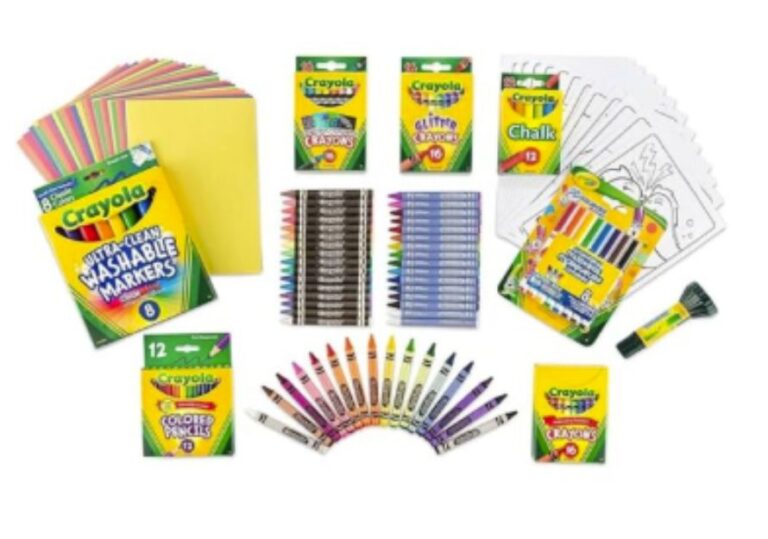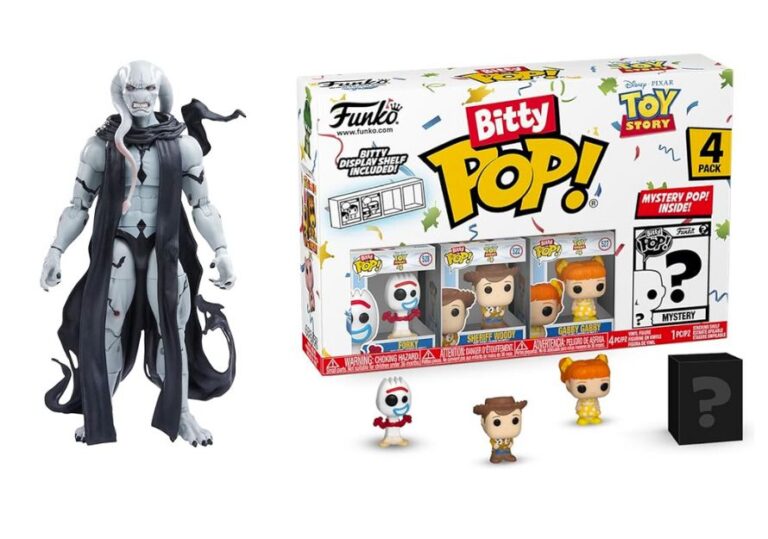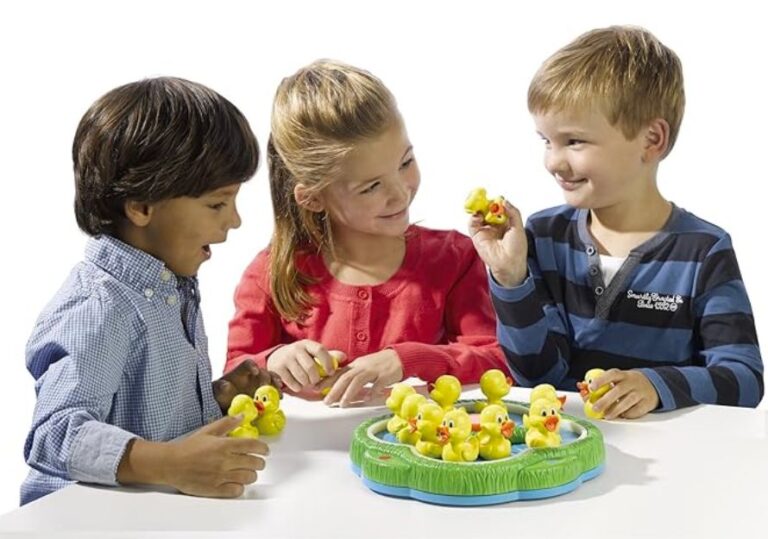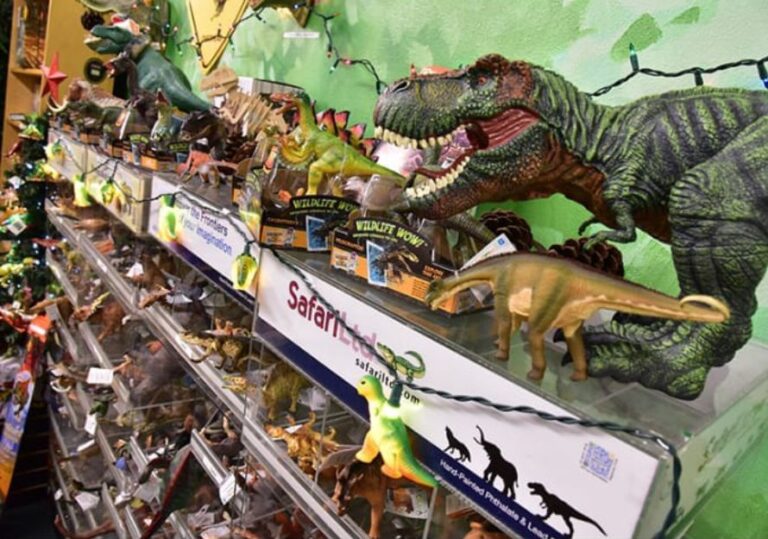What Age Do Kids Stop Playing with Toys
It’s a question that many parents find themselves asking at some point during their child’s development. At what age do kids stop playing with toys? The transition from active play with toys to other forms of engagement is a natural part of growing up, but the timeline can vary widely from one child to another. In this comprehensive guide, we’ll explore the factors that influence when children may stop playing with toys, the importance of play throughout childhood, and how to support your child’s evolving interests.
The Role of Toys in Child Development
Toys are more than just fun and games; they play a vital role in a child’s cognitive, emotional, and physical development. Here are some key stages and ages at which children tend to engage with toys.
What Age Do Kids Stop Playing with Toys?
The age at which children stop playing with traditional toys can vary widely. Some kids may continue to enjoy toys into their early teens, while others may shift their focus to other activities like sports, technology, or hobbies at a younger age. Here are some factors that influence when kids stop playing with toys:
- Individual Interests: Children have diverse interests, and some may maintain a strong connection to toys that align with their passions.
- Peer Influence: As children grow, peer pressure and the desire to fit in may influence their choices and activities.
- Technological Advancements: The rise of digital devices and video games has introduced alternative forms of entertainment that may compete with traditional toys.
- Developmental Milestones: Children reach various developmental milestones at different rates. Some may continue to engage with toys that align with their developmental stage, while others may outgrow them more quickly.
- Parental Encouragement: Parents can play a significant role in fostering their child’s ongoing interest in toys by providing a stimulating environment and showing enthusiasm for play.
Best Toys for Kids Popular Posts
5 Top Quality Hook A Duck Game Set for Kids
6 Best Bubble Wand – 2 Years to 6 Years
Top 5 Rainbow Ball – Foam Mini Soccer Ball for Kids
The Best 5 Helicopter Toy Remote Control for Kids 3 to 12 Years Old
7 Attractive Kids Science Kit – Volcano Science Kits for Kids with Easy to Use
5 Best RC Car for Kids & Adults – High Speed Remote Control Toy Racing Car
The Best Dinosaur Toys for Boys and Girls Ages 3,4,5, Years Old and Up
At what age do kids stop playing with toys is explained step by step below
- Infancy (0-2 years): Babies begin exploring the world through sensory toys, rattles, and soft objects, building motor skills and learning about cause and effect.
- Toddlerhood (2-4 years): Toddlers are highly engaged with imaginative play and educational toys, which foster language development, fine motor skills, and creativity.
- Preschool (4-6 years): Preschoolers often enjoy a wide range of toys, from building blocks to dolls and action figures, as they continue to develop their imagination, social skills, and problem-solving abilities.
- Early School Age (6-8 years): As children enter school, their interests may shift towards more complex toys, like board games and puzzles, which promote cognitive development and cooperation.
- Middle Childhood (8-12 years): During this stage, kids often explore hobbies and interests that might not involve traditional toys. However, building sets, science kits, and art supplies can still hold their interest.
Supporting Play Throughout Childhood
Even as children transition away from traditional toys, play remains essential for their growth and well-being. Parents can support play at any age by:
- Encouraging Creativity: Offer art supplies, craft materials, and opportunities for imaginative play.
- Promoting Physical Activity: Outdoor games, sports, and physical activities help kids stay active and develop motor skills.
- Exploring Hobbies: Encourage your child to explore new hobbies and interests that align with their passions.
- Limiting Screen Time: While technology has its place, it’s important to balance screen time with other activities.
- Creating a Play-Friendly Environment: Ensure that your home offers a variety of play options, from books and puzzles to building sets and art supplies.
In Conclusion
The question of what age do kids stop playing with toys is a complex one, as it varies depending on individual preferences, developmental stages, and changing interests. While children may transition away from traditional toys, play remains a crucial component of their growth and development. Parents can continue to support their children’s play in various forms, fostering creativity, physical activity, and a lifelong love for exploration and learning. So, rather than worrying about the specific age at which kids stop playing with toys, focus on creating an environment that encourages play and growth throughout childhood.
Buy Our Products at a Cheap Price.
Visit Our Facebook Page
Recent Posts
The 5 Best Portable Karaoke Machine with Microphone for Adults & Kids
Top 5 Toy Gun for Kids – Gel Blaster Toys Gun with 10000 Gellets
Get 5 Attractive Kids Collectible Toys – Collectible Toy Figures with Accessories
